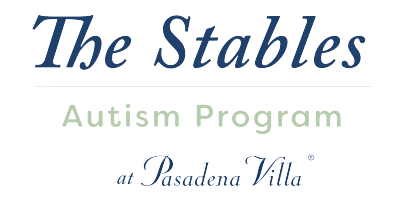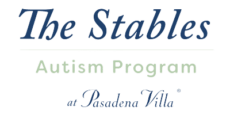Autism Spectrum Disorder (ASD) delays the development of necessary skills for independent living in children between the ages of two and six. Autism Spectrum Disorder affects an estimated one of every 68 children and teens in the United States, according to the U.S. Centers for Disease Control and Prevention. For a parent, it is normal to feel overwhelmed or have questions about raising your autistic child or teen.
For adolescents especially, there can be a lot of unknowns as they prepare to graduate high school and move on to the next stage of their life. This can cause anxiety for both the parents and their children as they try to adjust to these new conditions. Here is some advice that we have gathered to help you and your teen as they continue to move towards adulthood.
Don’t expect your teen to outgrow Autism:
If you begin to notice that your child is showing signs of Autism Spectrum Disorder, it is important to get a professional opinion. Early diagnosis of Autism Spectrum Disorder can help in acquiring critical skills and can maximize Autism Spectrum Disorder symptoms and enhance learning in children.
Educate yourself about Autism:
Parents of teens with Autism Spectrum Disorder should never stop learning about autism. The more you know, the better equipped you are to help your teen. Ask questions, be a part of treatment decisions, and read up on treatment options. There are several autism support groups that can help you better understand what your teen is experiencing and how you can help.
Helping an Autistic Teen Adjust Socially:
The social landscape of being a teenager can be especially hard for adolescents with autism. This is especially true with autistic teens who may struggle with communication. Several teens who have been diagnosed with ASD have reported suffering from bullying and trouble making friends in high school.
These interactions can often cause a teenager with ASD to withdrawal from social interaction and rely on some of their favorite activities where they have success to find relief. This can eventually become an issue if it causes your teen to withdrawal from social interaction altogether.
However, you can use these hobbies and talents as a way to help your teen socialize moving forward. Try to help your teen find groups of friends that may specialize in the same areas such as art or music. This will provide some common ground for your teen and make social interaction easier moving forward.
These types of social groups are imperative for helping teens with ASD develop the communication skills they need to move forward into the next stage of their life.
Provide structure:
Sticking to a highly structured schedule creates consistency for teens with Autism Spectrum Disorder. Prepare your teen for any disruptions to this schedule well in advance. This is especially true as your teen prepares to go to college or join the workforce.
Choosing a treatment plan:
More often than not, the requirements of an individual with Autism Spectrum Disorder change over time. Home-based and school-based learnings might become insufficient. Specialized care can help individuals show signs of growth with a facility like Autism Care & Support.
The Stables Autism Program accepts adult males and females who are 18 years of age and above with Autism Spectrum Disorder into their program. The Levels of Care we provide are Intensive Residential Treatment with 24-hour staffing and Supported Housing, which allows clients to participate in individualized therapeutic activities several times a week.
According to the CDC, 40,000 to 50,000 kids with Autism turn 18 each year. We provide individuals with Autism treatment to increase their chances of a healthy life. We have experts that understand how to teach autistic children based on a therapeutic foundation built on solution-focused and family systems models. Families of individuals can access resources and training through monthly training and annual retreat held at the center.
“Our program focuses on the individual and their level of functionality and the potential for them to improve their vocational and employment skills and then apply those to the community. Therefore, admission depends on the specific needs of the individual and their family,” shares Dr. Eberwein.
Our facility helps clients to participate in social situations in the community while attaining their treatment plans as they regain control of their lives with onion feedback and support.
If you or a loved one is considering autism care, please reach out to one of our admission specialists. We are standing by and eager to help.


 Call
Call